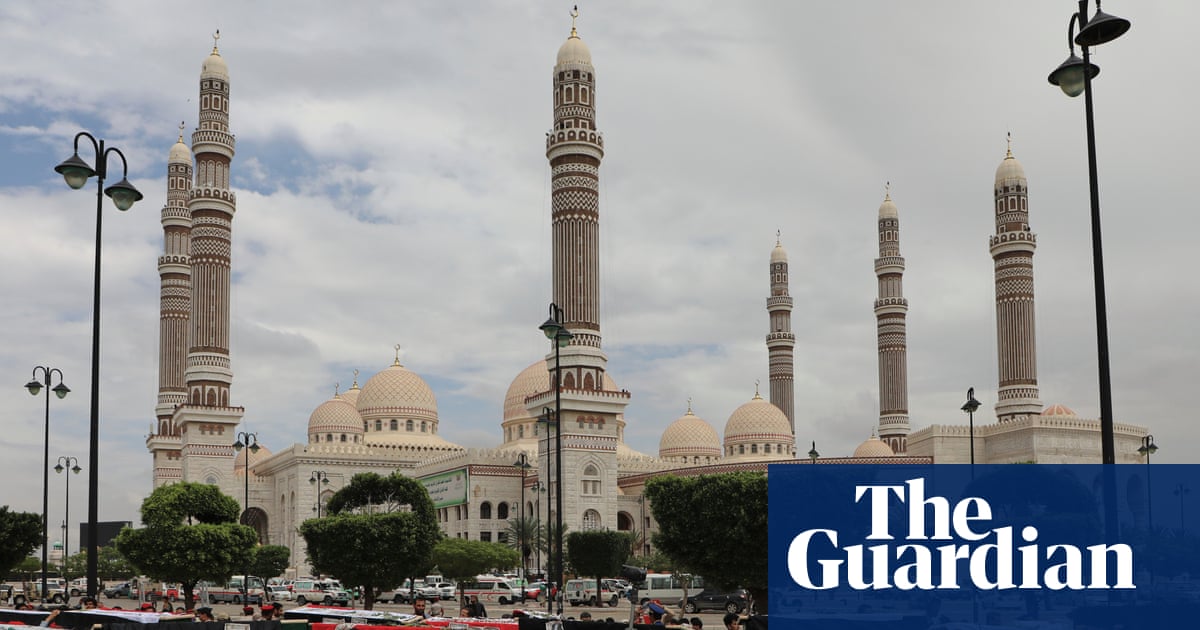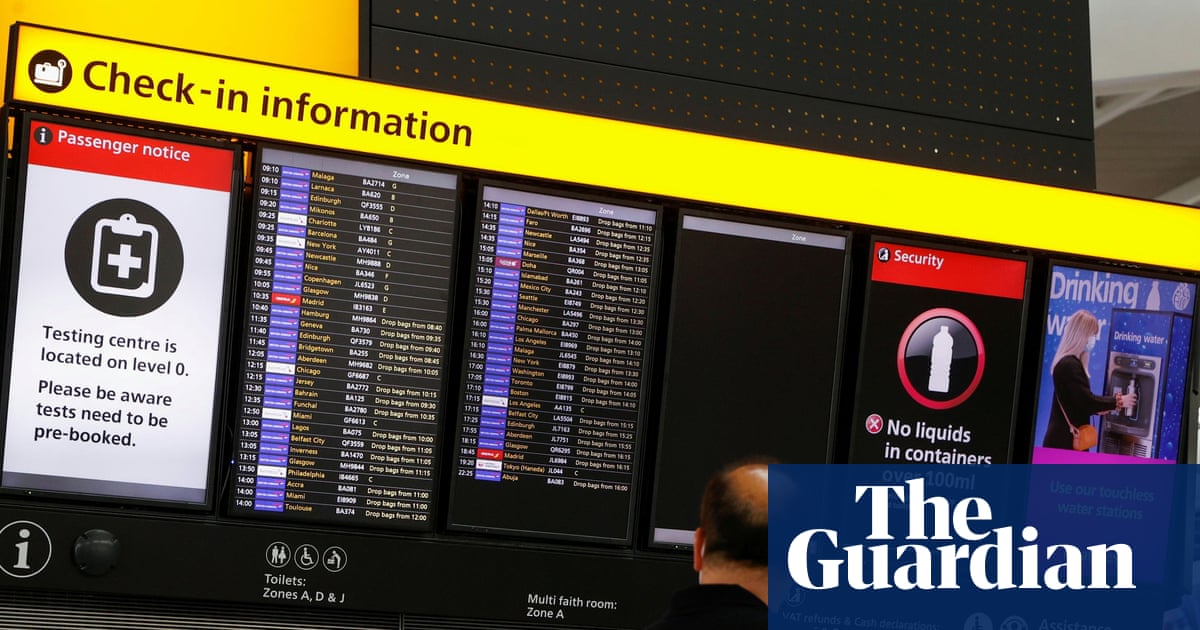Britain’s decision to allow the export of F-35 fighter jet components to Israel, despite accepting they could be used in breach of international humanitarian law in Gaza, was lawful, London’s high court has ruled.
The ruling on Monday, a huge relief for government ministers, brings to a close a 20-month battle to ban all UK arms sales to Israel, including the UK sale of F-35 parts to a global spares pool that Israel could access. The case was brought by Global Legal Action Network and the human rights group Al-Haq, in conjunction with Human Rights Watch, Amnesty International and Oxfam.
In a 72-page ruling on Monday, Lord Justice Males and Mrs Justice Steyn said the courts should not intervene in a sensitive political issue that was best left to ministers and parliament. The two judges said the case was about a “much more focused issue” than the carve-out of F-35 parts from a UK arms export ban imposed last September.
They added: “That issue is whether it is open to the court to rule that the UK must withdraw from a specific multilateral defence collaboration which is reasonably regarded by the responsible ministers as vital to the defence of the UK and to international peace and security, because of the prospect that some UK-manufactured components will or may ultimately be supplied to Israel, and may be used in the commission of a serious violation of international humanitarian law in the conflict in Gaza.
“Under our constitution that acutely sensitive and political issue is a matter for the executive which is democratically accountable to parliament and ultimately to the electorate, not for the courts.”
Ministers had argued a ban on the sale of the parts would bring the whole F-35 programme to a halt, with wider consequences for the security of Nato and Europe.
The judges appeared to accept the UK argument that it was not possible for it to stipulate that sales to the main supplier, Lockheed Martin, were conditional on the parts then not being supplied to Israel. Lockheed Martin has told the Ministry of Defence that this condition would be impossible, but the MoD in court documents said “further work would be needed to put in place the necessary logistics” to separate components destined for Israel, suggesting pressure had not been applied by the MoD.
The UK is, after the US, the second-largest supplier of parts to Israel from the global supplies pool. The court accepted the government argument that a “positive contribution to wider peace and security had to be balanced against a clear risk of the arms being used to commit serious violations of IHL/IHRL [international humanitarian law/international human rights law]”.
The request for a judicial review of UK arms sales to Israel was first launched in December 2023, and the case then narrowed when the incoming Labour government withdrew 30 arms export licences to Israel in September. The four-day hearing ending on 16 May focused solely on the F-35 carve-out, and not on anything that happened under the Conservative government.
Despite the outcome the case has raised serious questions about the overall value of the UK arms export regime and the parliamentary case ministers have mounted to justify F-35 sales.
In parliament ministers have long held that it is for a competent court not parliament to assess the existence of a genocide, but in pleadings in court government lawyers revealed that in July 2024 it had assessed there was no serious risk of a genocide occurring in Gaza. It also claimed not to have seen women and children deliberately targeted in Gaza.
after newsletter promotion
The case also revealed that in assessing whether the Israel Defense Forces had acted disproportionately, one of the tests of a breach of IHL, the government evidential benchmark was set so high that by September 2024, when Israel according to the Hamas-controlled health ministry had killed 40,000 Palestinians and launched tens of thousands of airstrikes on Gaza, the government had examined just 413 of these individual incidents – and of those it found only one possible violation of international law. That possible breach was the World Central Kitchen attack on 1 April 2024 that killed seven aid workers, including six foreigners.
This meant the government had not found any possible breach in respect of any incident that killed exclusively Palestinians. The government subcontracted some of this evidential work to an outside company, the Centre for Information Resilience. Al-Haq argued in court that ministers should not have focused solely on the potential justifications for a specific event, but also look at the overall pattern to gather a sense of proportionality.
Government lawyers said they could not know enough about the circumstances of specific incidents to come to a view about IHL breaches. The UK legislation states arms export licences should not be given “where is a clear risk the items could be used to commit serious violations of international humanitarian law”.
The F-35 jets are critical to the UK arms industry. It is estimated 16.2% of all subawards in the F-35 programme have gone to UK-based manufacturers, second only to the US. Among the primary beneficiaries is BAE Systems, which secured more than $5.7bn in contracts related to the fighter jet’s production. Other UK companies contributing components include Martin-Baker Aircraft Company, GE Aviation Systems and Ultra PCS.

 2 months ago
75
2 months ago
75

















































